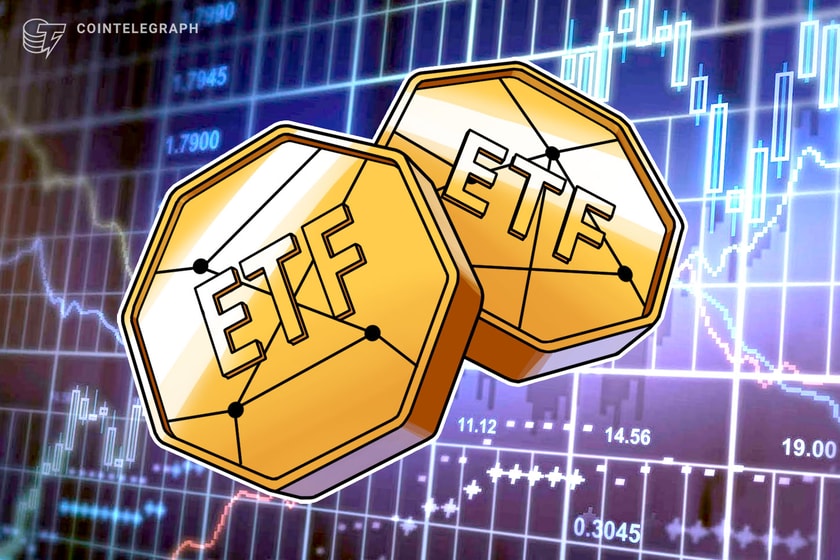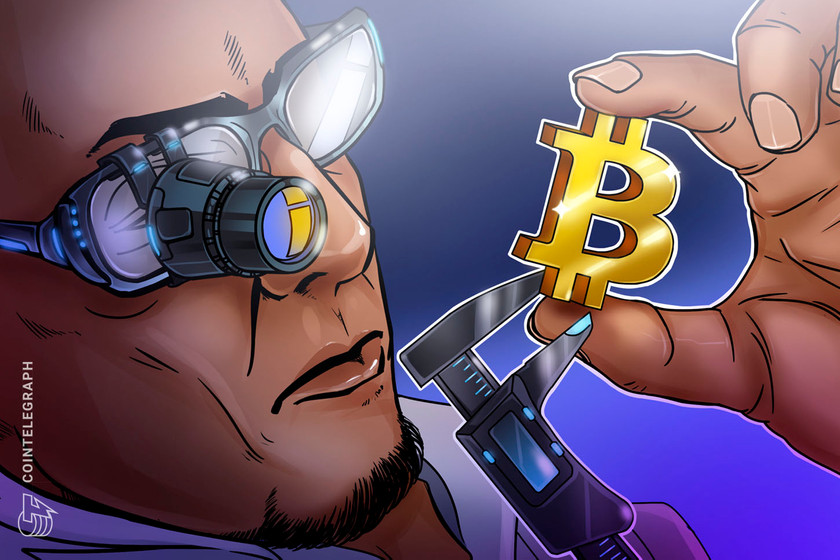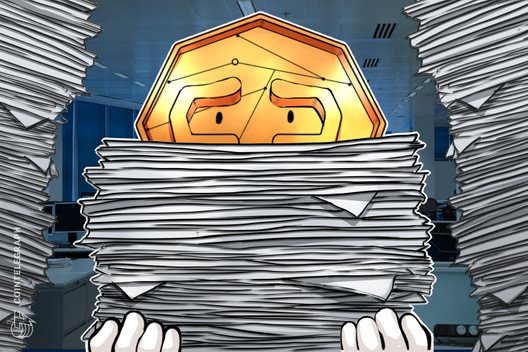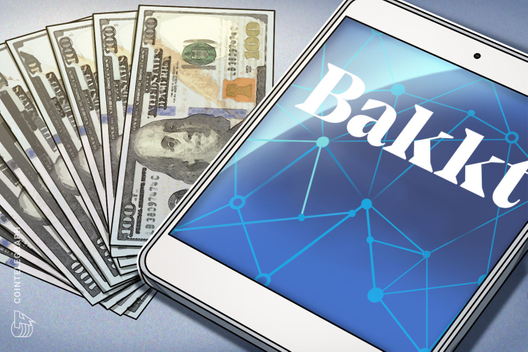Expert: Digital Yuan Will Have a Hard Time Displacing Tether in Asia
China’s CBDC wants to displace the US dollar, but Genesis Block’s Charles Yang believes it doesn’t offer a compelling alternative to USDT.
371 Total views
14 Total shares

China’s central bank digital currency is usually identified as a way to challenge the dominance of the U.S. dollar, not Bitcoin (BTC). But it may struggle to find adoption in niches where crypto versions of the dollar thrive, primarily USDT.
At the Unitize panel on Monday, Charles Yang from Genesis Block explained why the DCEP, commonly referred to as digital yuan, is not particularly attractive as a crypto replacement.
Speculation and payments
Yang identified two key drivers of crypto adoption, specifically in Asia. The first is speculation, noting that traders from countries like Korea and China have a higher tendency to take risks. But beyond that, crypto’s borderless nature is especially useful for Asian traders:
“Any country that has these capital constraints — Korea is a big one, China’s obviously another major one — [where] people just can’t go through regular banking channels to send money to a different country […] This is the major use case of crypto right now.”
From that perspective, a centralized and bank-issued digital currency may not be a good replacement to USDT, as Yang believes that the rules for capital controls “will not change.”
He also raised an important concern for the DCEP’s internationalization and how other countries may react:
“For instance, if China launches DCEP on their blockchain and they want other countries to accept it, these new countries need access to that data.”
Whether China’s central bank would be willing to share that data with other countries remains an open question.
Tether to remain king, for now
Yang explained that USDT is finding immense popularity in Asia as hundreds of millions of dollars are being traded every day. Despite previous concerns about its reserves, confidence among traders remains high, especially within timeframes of hours or days.
According to him, China cannot easily curtail Tether circulation in the country, despite the threat it may pose to capital controls and oversight.
On the other hand, the DCEP would have to establish itself in major crypto markets and exchanges to begin contesting USDT’s dominance:
“It’s just a means of moving value. That’s the most practical way to view it: ‘If you accept it, how quickly and how reliably you can offload it without a great sacrifice?’”
He added that in the case of the Hong Kong-based Genesis Block, they would readily accept it as “plenty of people have Renminbi liquidity needs.” But in the case of other countries and continents, some may refuse to have any yuan exposure at all.
Thus, lack of global adoption could make it difficult for China to take control of the cryptocurrency ecosystem through the digital yuan — at least for now.









